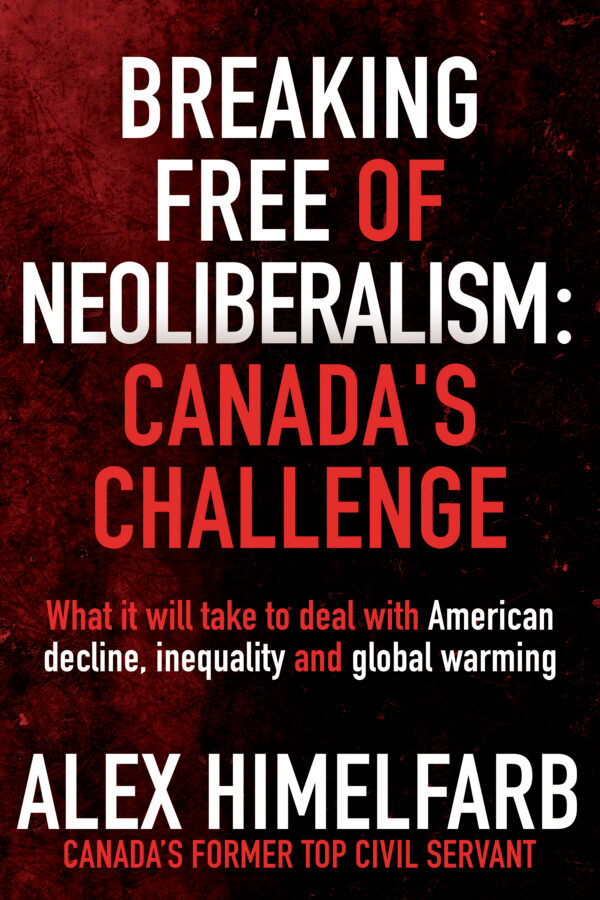READ THE FULL REPORT HERE.
HALIFAX – Uniacke Square could become a model for healthy and vibrant, low-income communities if there is a deliberate and strategic program of public investment in community-led revitalization. Instead, Uniacke Square’s future may be uncertain, according to a new study being released today by the Canadian Centre for Policy Alternatives-Nova Scotia and Manitoba entitled “Public Housing Risks and Alternatives: Uniacke Square in North End Halifax.”
As residents of HRM discuss how to redesign the city, there is a need to ensure that this design is inclusive of low-income people and communities that have a strong sense of belonging. According to the report’s author, Jim Silver, ‘this process should facilitate community-led approaches that allow all its residents to develop ways to meet their own community needs.”
Should the neighborhood be allowed to deteriorate, this would serve a specific agenda — allowing governments to blame the residents and the flaws with public housing to justify privatizing public housing and further gentrifying such inner-city spaces. “Although Uniacke Square provides much-needed, good quality affordable housing, market pressures on property in North End Halifax could have negative effects for those who live there,” according to the research Jim Silver completed.
Allowing some residents to buy their own units may appear to be a step forward, but the research shows that this will not have a positive effect. Once units are made available for sale, market pressures will push their prices well beyond what low-income people can afford. To privatize any part of Uniacke Square would further exacerbate the severe shortage of low-income rental units in the inner-city.
In addition to market forces that risk destroying the community, stereotypes and dominant negative images of “the Square” that are portrayed in the media also play role. Those who live and/or work in the area, however, insist that the image is largely false or at least simplistic. The reality is more complex: people know each other, there is a strong sense of community, there are many strong families, and many young people are doing well. The stigma and stereotypes obscure the strengths, and only serve to stigmatize and hurt the people who live there.
Instead of privatizing Uniacke Square or allowing it to deteriorate, the author argues that there is an opportunity to revitalize it by taking a community-based approach that engages the residents in a meaningful way.
-30-
For media inquiries, contact: [email protected].












